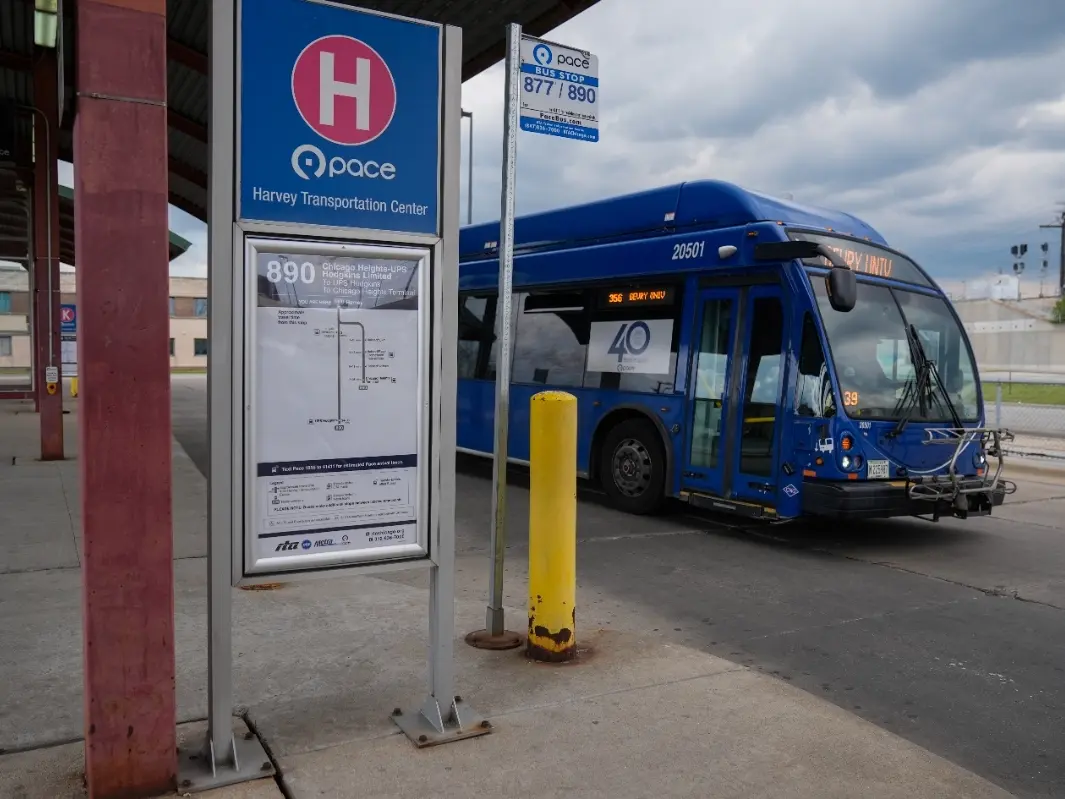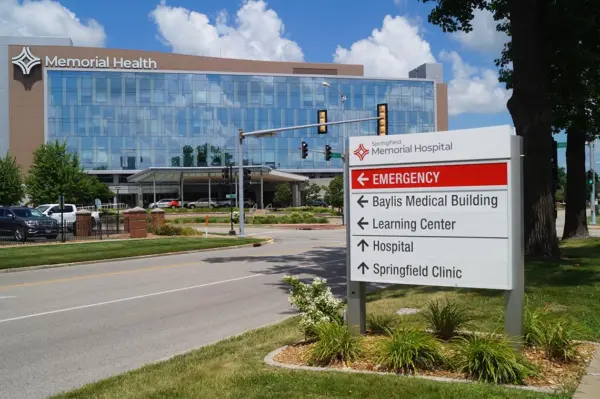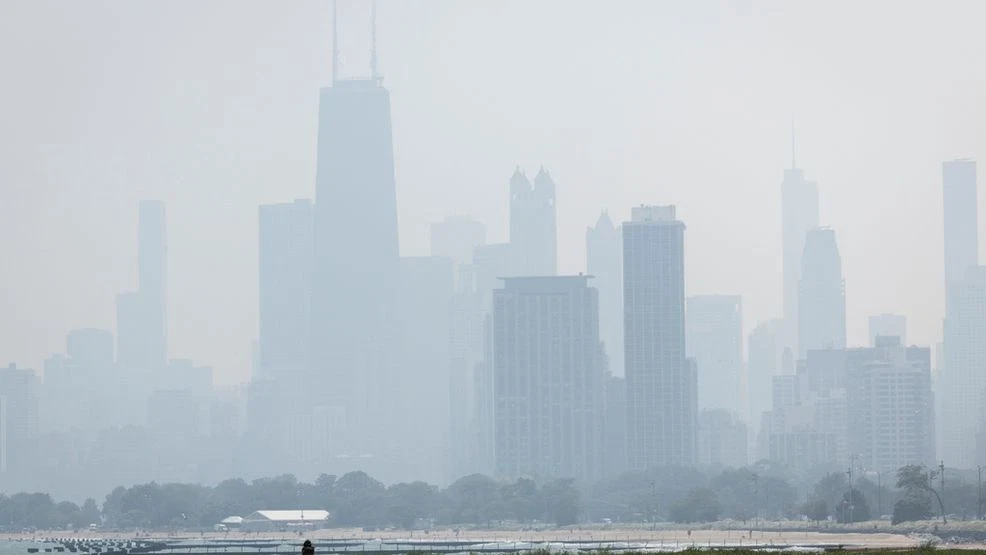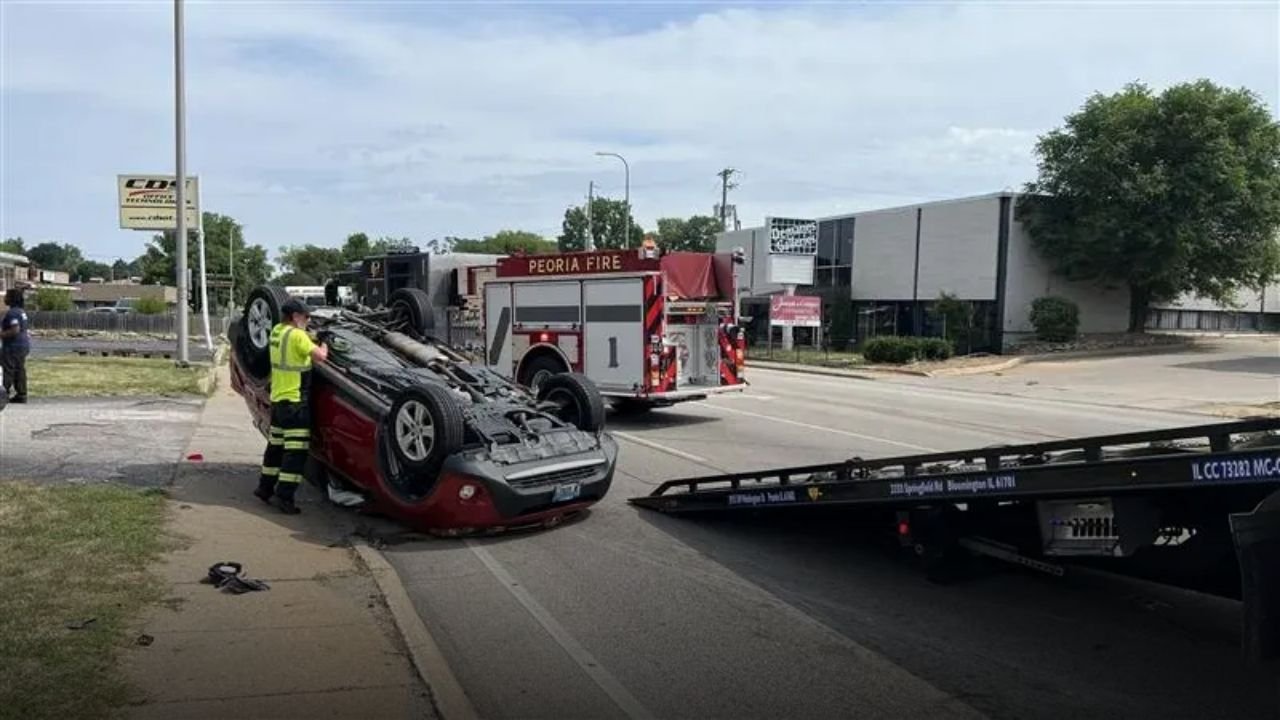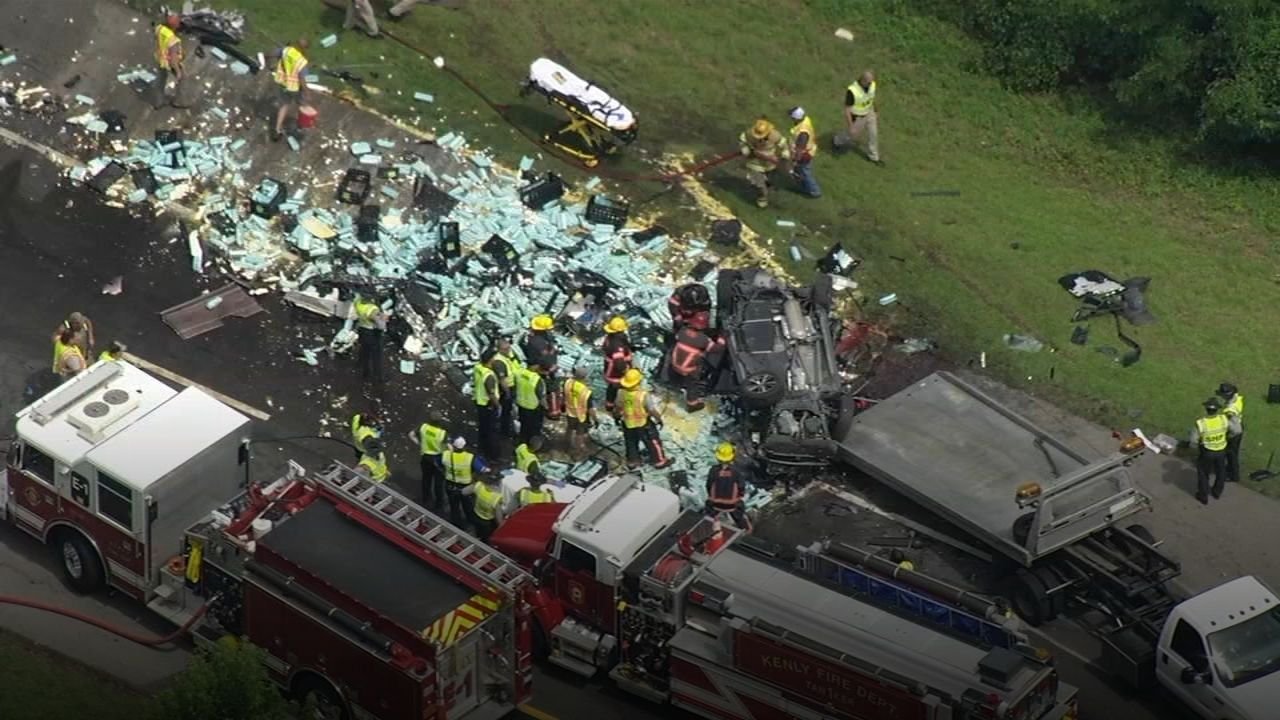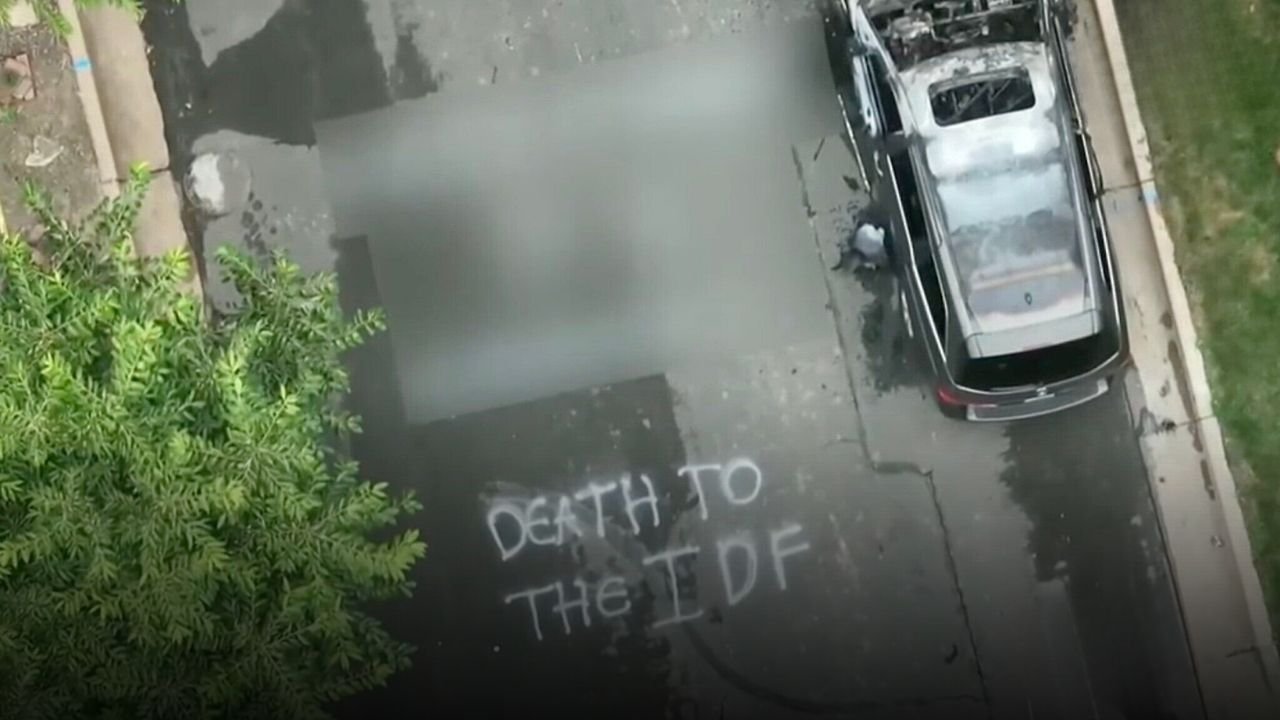ILLINOIS — As lawmakers near the end of their spring session, a looming $770 million budget gap threatens to significantly reduce public transit service statewide — especially across Chicago and the southern suburbs.
If no agreement is reached, officials warn that drastic service cuts could begin as soon as Saturday, with the Chicago Transit Authority (CTA) considering the closure of four of its eight L train lines and 74 of 127 bus routes. Metra and Pace would also face deep reductions, affecting thousands of daily commuters.
Harvey’s Lifeline at Risk
In the city of Harvey, where residents heavily depend on bus and rail services, the impact could be especially devastating.
“It would set us back another decade,” said Mayor Christopher Clark, who highlighted the city’s struggle with economic decline and its reliance on transit for recovery. Harvey was recently approved for a state-funded transit center, designed to boost accessibility and jobs. But that center only holds value if service remains intact.
For locals like Winfred Wilson, who uses transit for everything from grocery shopping to medical visits, losing even a few routes means losing independence.
Voices from the Front Lines
Cheyane Felton, a Harvey restaurant worker, emphasized the harsh reality many will face. “If Pace cuts weekend service, how am I supposed to get to work?” she asked. “People already depend on family or neighbors just to make ends meet.”
Transit officials agree. Melinda Metzger, Executive Director of Pace, said the cuts would cause a ripple effect that could isolate communities. Leanne Redden, Executive Director of the Regional Transportation Authority (RTA), added, “This isn’t just about transportation, it’s about equity and access.”
Statewide and National Ripple Effect
Illinois isn’t alone in facing a transit crisis. Systems in Philadelphia, New York City, and other major metro areas are also struggling to recover from pandemic-related ridership drops. Yet, Chicago’s system is among the most at risk without legislative intervention.
The proposed reforms include overhauling the way transit agencies are governed and funded. But so far, no agreement has emerged.
Clock Ticking in Springfield
Governor J.B. Pritzker and state lawmakers have acknowledged the urgency, but no final plan was in place as of late Friday.
Without a rescue package, residents in cities like Harvey could be among the hardest hit. For now, public transit remains operational — but uncertainty looms with each passing day.
How would service cuts impact your daily commute? Should state leaders prioritize transit funding in 2025? Drop your thoughts in the comments below.
- Patch.com via Associated Press (May 2025)
- Statements from Pace, RTA, and Mayor of Harvey

